This is the third Volume of the four-Volume study of interaction between Mahatma Gandhi and Jawaharlal Nehru by Madhu Limaya, leading intellectual, scholar, parliamentarian and active participant in the freedom struggle. The period covered in this Volume has been momentous in India’s story. The first Chapters deal with the wpheaval caused by the wholesale arrests of 9 August 1942, Jinnah’s rise as supreme Muslim leader, Gandhi’s fast, his release on grounds of health, his efforts to revive Congress activity, break the political deadlock and engage Jinnah in a serious discussion of Pakistan. During this period Jawaharlal was a passive observer of events in Ahmednagar Fort Prison. A glimpses into his reactions to Gandhi’s actions is provided in these Chapters. The Volume throws new light on the Bhulabhai Liaquat Pact, the mischievous role of Bengal Governor Burrows in the revision of the Grouping Clause that finally wrecked the Cabinet Mission Plan, divided ounsel in the Congress Camp, Gandhi’s growing distrust of Maulana Azad and the former’s decisive intervention to make Jawaharlal Congress President in 1946. The author shows that the double partition of 1947 was implicit in the principle of self determination which Gandhi persuaded the Working Committee to accept in April 1942 and his method of non-violence. The Indian National Congress was not yet a state and it would not secure transfer of power by applying to parts of India which refused to join the new Union. The author critically examines the role of Viceroy Wavell who, despite his sincerity and honest intentions, failed in the end because of his total lack of political judgement, deep prejudice against the Congress and his pronounced pro-Jinnah bias.
Dear Popat (In 2 Books)
$10.80
$12.00

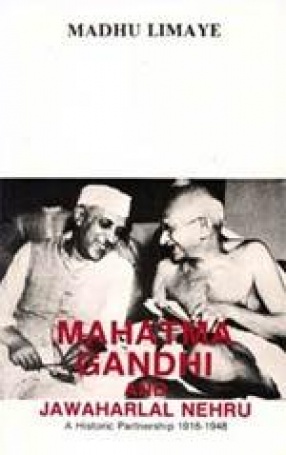

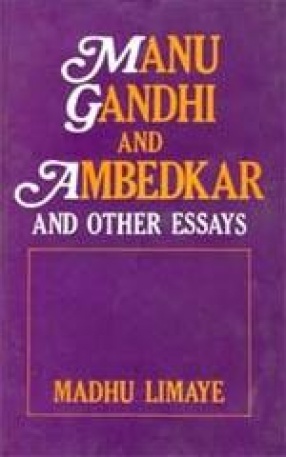
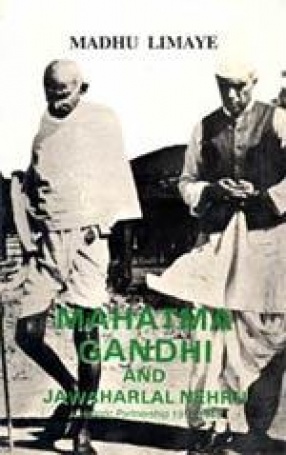
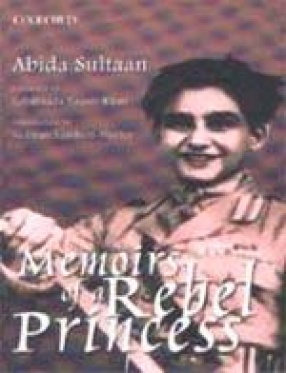
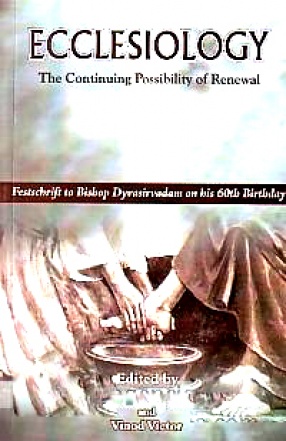
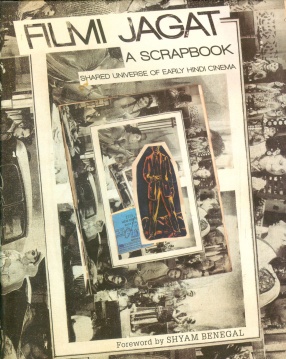
There are no reviews yet.